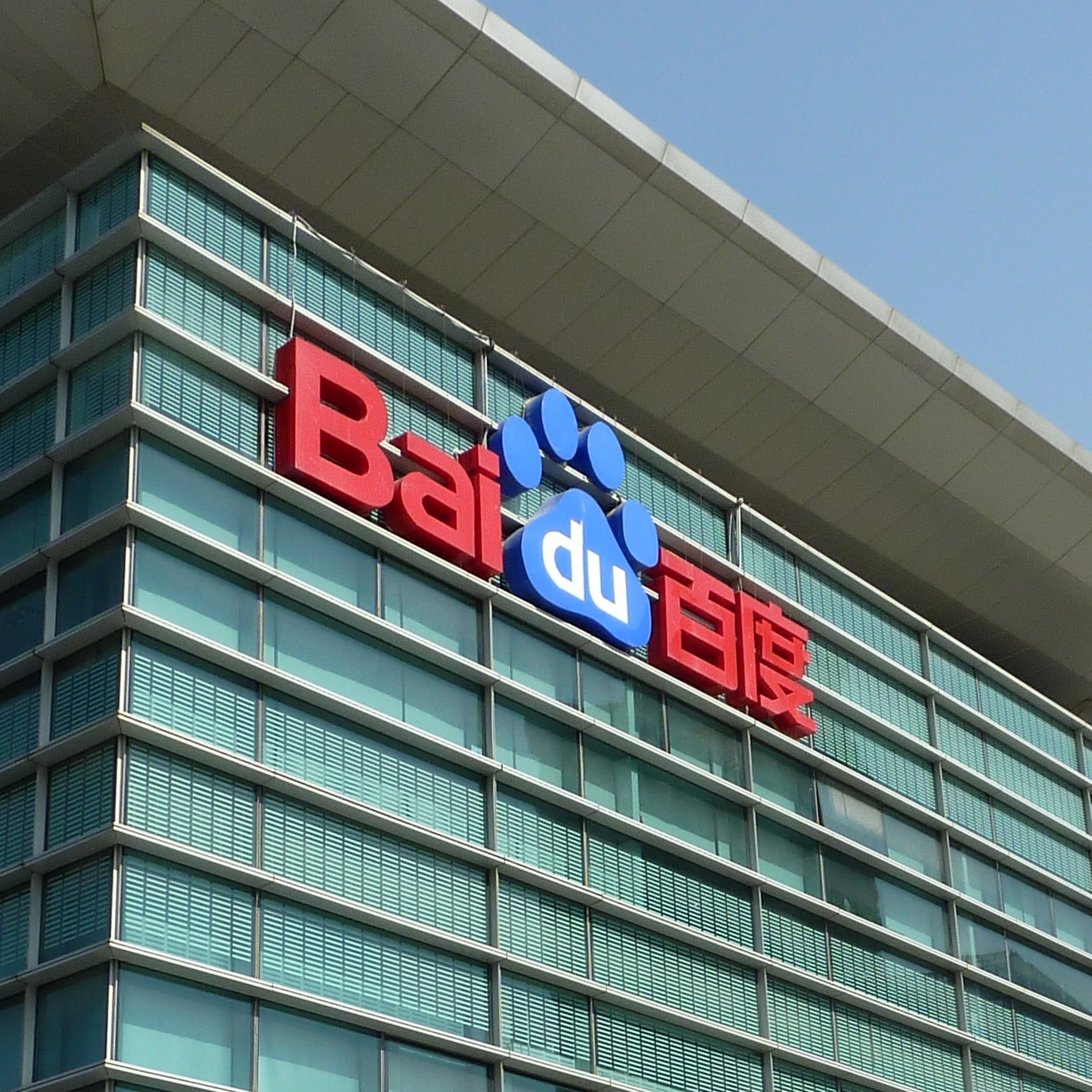
China’s leading search engine company, Baidu Inc. (NASDAQ: BIDU), reported first-quarter results way back on April 28. The company’s net income fell year over year and revenue growth of 24% was the slowest in seven years. Doesn’t sound all that hot, but it led to a share price jump of about 4% and got some analysts to lift ratings and targets.
Then the bottom fell out. On May 2, the Chinese government launched an investigation into the death of a university student who used the search engine to find an experimental, and ultimately ineffective, treatment for a rare form of cancer. The student publicly blamed Baidu for the failed treatment, and public reaction to his story was swift and unforgiving.
For Baidu, the student’s story and the government’s ruling that it must change the way it handles advertising when it returns results to users, threatens advertising revenues from the health care sector, one of its leading sources of ad revenues.
China’s citizens are more concerned with their health than with the country’s business productivity. Last year a 2-hour, 23-minute documentary on China’s pollution problems attracted more than 100 million viewers and generated more than 280 million comments. It should be no surprise that Baidu’s stock dropped 7% on May 2 and has lost another 10% or so since then.
Analysts got the message, and price targets were lowered by a number of them. Oppenheimer reduced its price target from $240 to $225 per share while maintaining its Outperform rating on the stock. The analysts wrote:
As required [by the government], BIDU will have to 1) stop advertising for businesses that are not meeting regulatory requirements, 2) rank search results more toward advertisers’ reputation/reliability and 3) manage ad-load below 30% across all verticals, by May 31. Although we see moderate near-term headwinds to its search business from removing unqualified advertisers, BIDU’s long-term investment thesis is largely intact, in our view.
Other analysts also weighed in:
- Jefferies cut its price target from $225 to $203 and maintained its Buy rating.
- Morgan Stanley sliced its price target from $230 to $200.
- Goldman Sachs cut its price target to $220 with a Buy rating.
- Deutsche Bank chopped its price target from $226 to $209 and also rates the stock at Buy.
Baidu’s shares closed at $159.75 on Friday, down about 1% for the day, in a 52-week range of $100.00 to $217.97. The consensus price target on the stock is $208.04, but the recent changes may not yet be included.
Thank you for reading! Have some feedback for us?
Contact the 24/7 Wall St. editorial team.

 24/7 Wall St.
24/7 Wall St.



